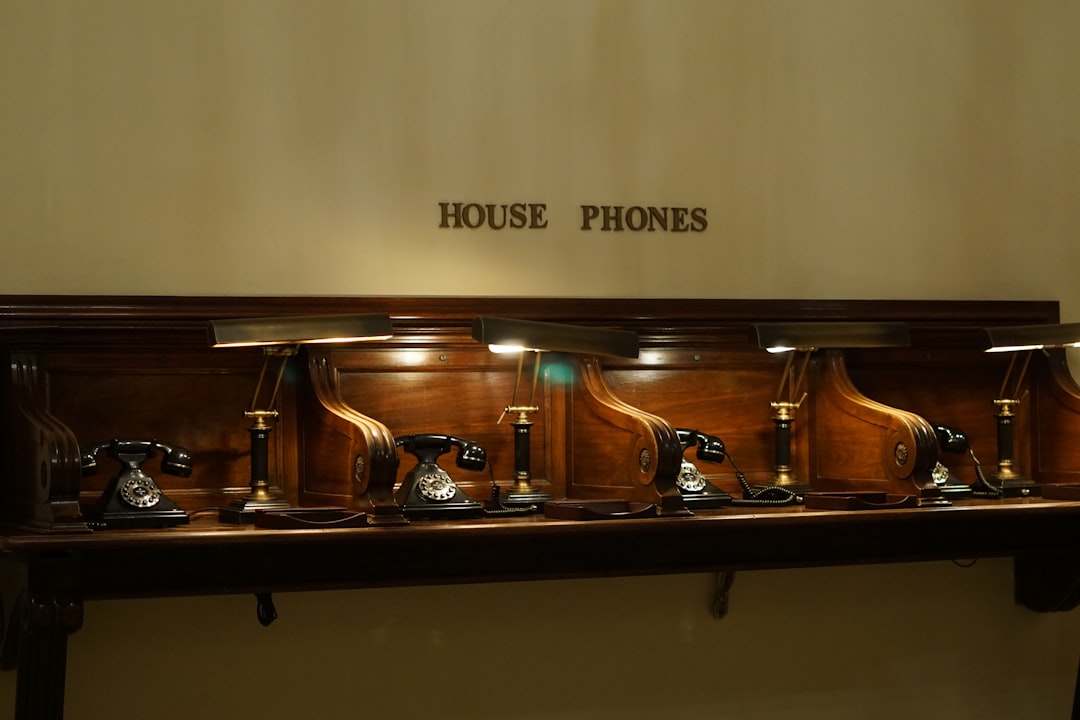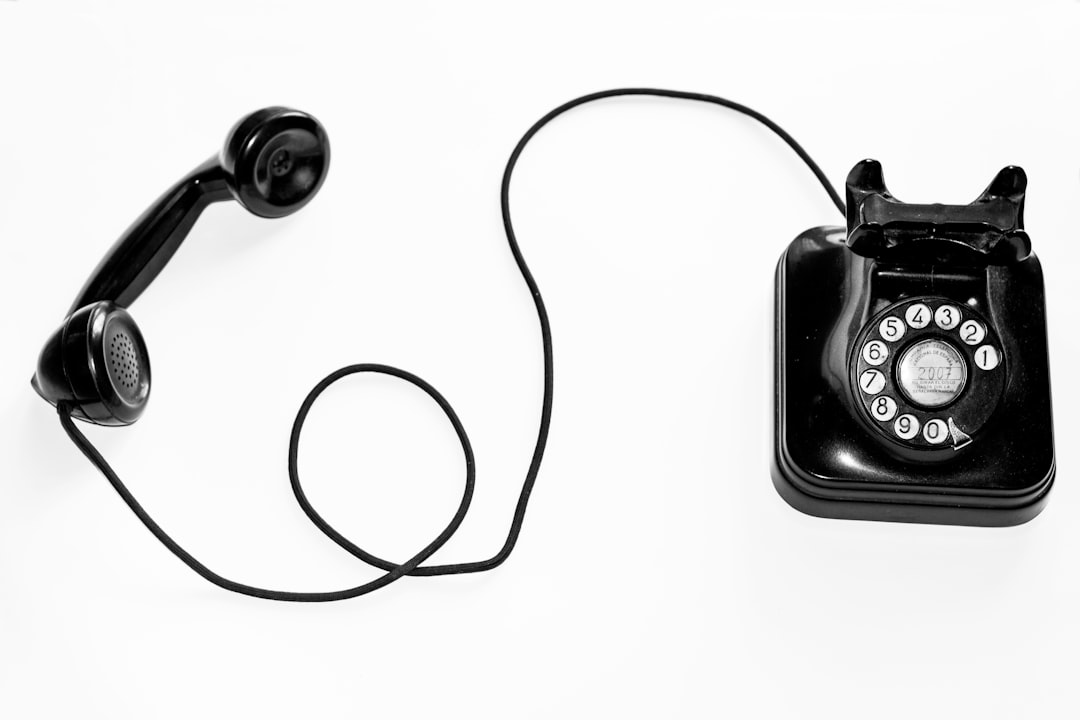Florida's Do Not Call Law protects residents from unwanted telemarketing calls by restricting industry activities during specific hours, with help from a Do Not Call Attorney Florida. Telemarketers must avoid calling before 8 am and after 9 pm on weekdays, and 10 am to 4 pm on weekends. Exceptions exist for government entities, businesses with prior written consent, and qualified attorneys. Violations can result in fines up to $10,000 per day and legal repercussions for businesses that continue unwanted calls.
In Florida, understanding the state’s telemarketing curfew, or Do Not Call Law, is crucial for businesses and consumers alike. This regulation restricts when and how telemarketers can contact residents, ensuring a balance between marketing efforts and privacy rights. This article guides you through Florida’s Do Not Call Law, including exclusions, timing restrictions, enforcement, and penalties, helping you navigate the rules with ease. Consult a Do Not Call Attorney Florida to ensure compliance and protect your consumer rights.
What is Florida's Do Not Call Law?
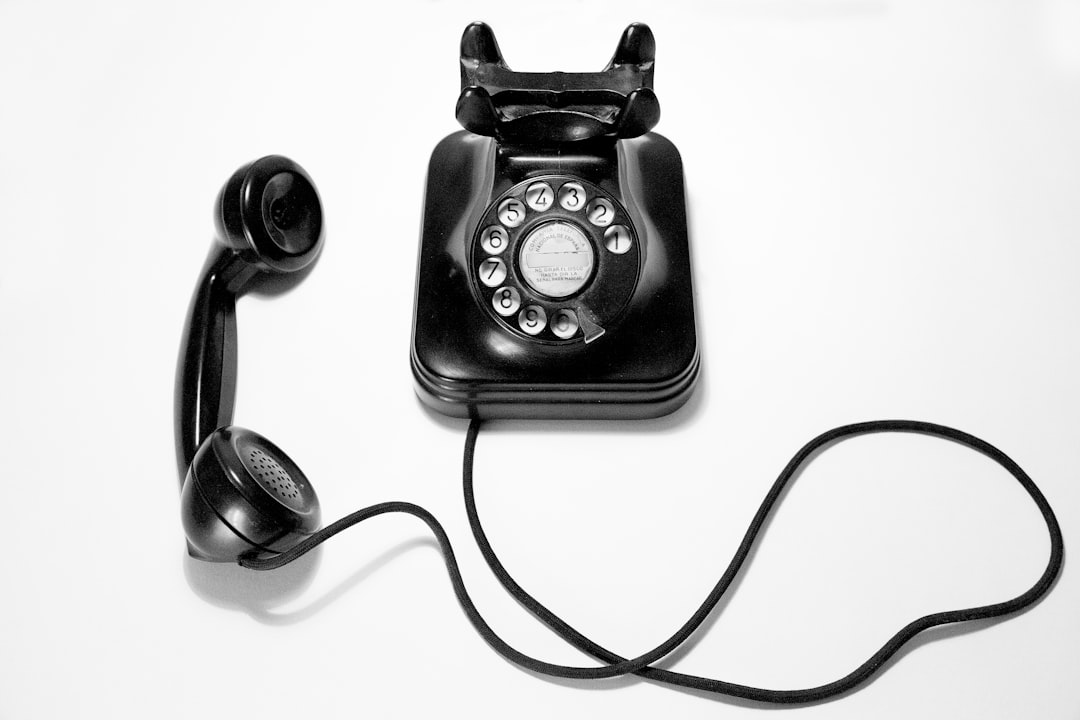
Florida’s Do Not Call Law, also known as the “Telemarketer Curfew,” is a consumer protection regulation designed to prevent unwanted telemarketing calls. Enforced by the Florida Attorney General’s office, this law restricts the hours during which telemarketers can contact residents who are registered on the state’s Do Not Call list. By signing up for this list, Florida residents can enjoy peace of mind knowing that their privacy is protected from intrusive sales calls.
The law stipulates that telemarketers must adhere to specific curfews, typically prohibiting calls before 8 a.m. and after 9 p.m., Monday through Friday, and 10 a.m. to 4 p.m. on Saturdays and Sundays. These restrictions aim to ensure that residents are not disturbed during their most active hours, allowing them to control their own time and avoid unwanted interruptions. A Do Not Call Attorney Florida can provide guidance on registering for the list, understanding one’s rights, and addressing any violations of these consumer protection laws.
Exclusions and Exceptions
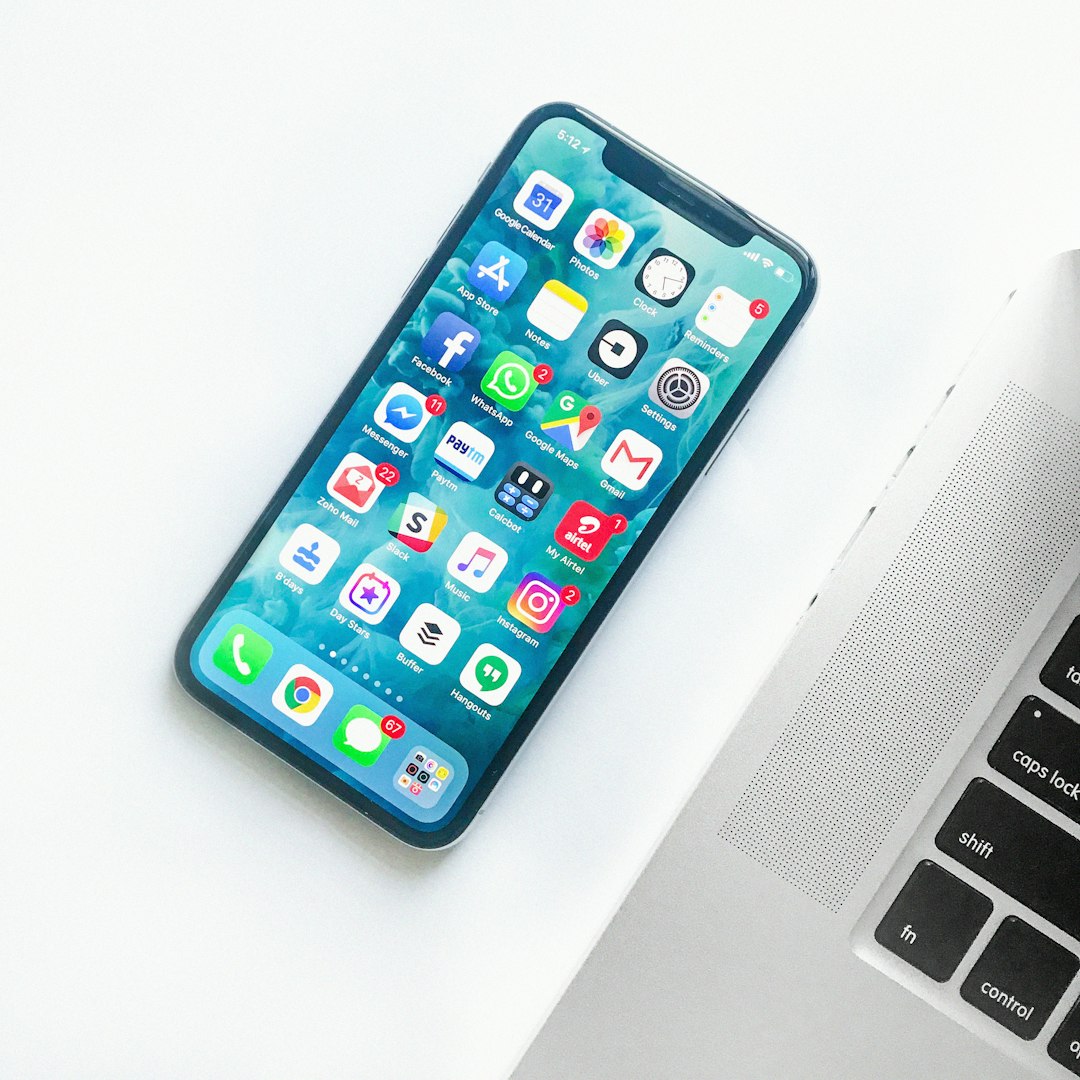
While Florida’s Telemarketing Curfew generally prohibits calls to residents between 9 a.m. and 8 p.m., there are several exclusions and exceptions to this rule. For instance, calls made by or on behalf of a government entity, such as a public utility company or a law enforcement agency, are not subject to the curfew. Additionally, businesses can call within the restricted hours if they have obtained prior written consent from the recipient.
Another notable exception is when a caller identifies themselves as a “Do Not Call Attorney Florida.” These attorneys are permitted to reach out to residents during the curfew to discuss potential legal issues or represent them in ongoing cases. This exception underscores the importance of clear communication and consent in telemarketing practices, ensuring that calls remain legitimate and not intrusive.
Timing Restrictions for Telemarketers

In Florida, telemarketers face strict timing restrictions governed by the state’s “Do Not Call” laws and regulations. These rules are designed to protect residents from unwanted phone solicitations, especially during sensitive times of day. Generally, telemarketing calls are prohibited between 9:00 a.m. and 5:00 p.m., Monday through Friday. This period is considered the “nondelivery time” when most people are likely to be at work or engaged in personal activities.
To ensure compliance, telemarketers must obtain explicit consent from recipients before making calls during these restricted hours. Additionally, certain categories of callers, such as those representing government agencies or non-profit organizations, may have different guidelines and exemptions. It’s crucial for telemarketers to stay informed about Florida’s Do Not Call Attorney regulations to avoid legal repercussions and respect residents’ privacy.
Enforcement and Penalties
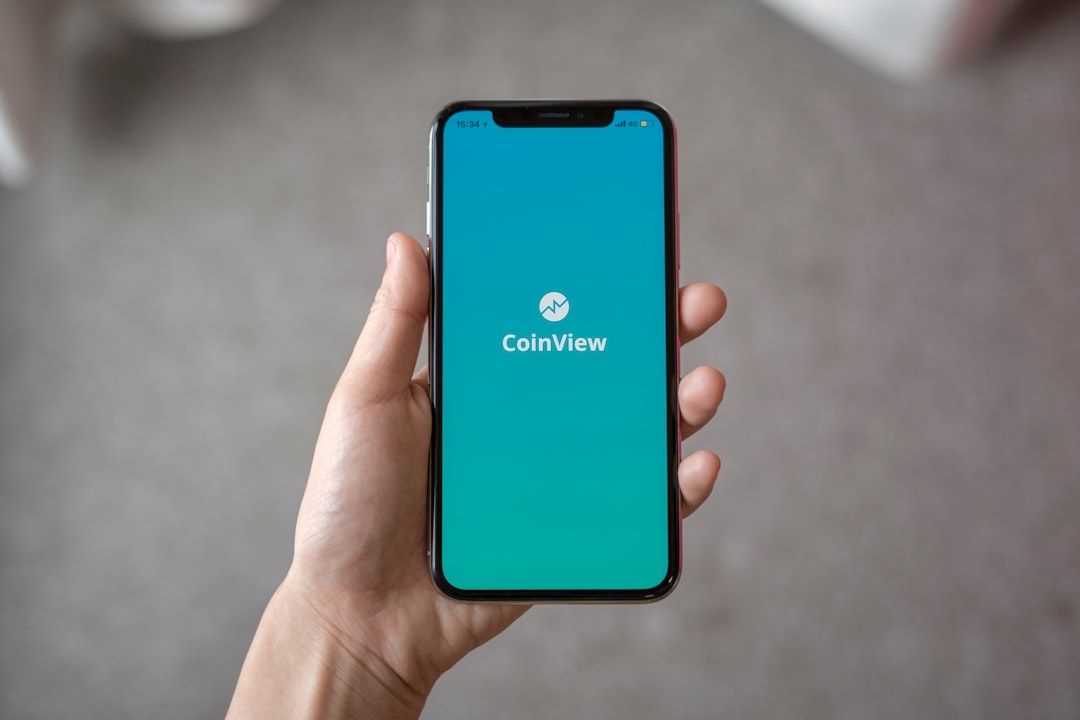
Enforcement of Florida’s telemarketing curfew is handled by the state’s attorney general or local law enforcement agencies. If a company or individual violates the rules, they can face severe penalties, including fines and legal action. The Do Not Call Attorney Florida plays a crucial role in investigating complaints and ensuring compliance with the law. They have the authority to issue warnings, subpoenas, or even file lawsuits against offenders.
Penalties for telemarketing violations can include monetary fines up to $10,000 per day for each violation. If a business continues to make unwanted calls after being put on the Do Not Call list, they may face additional legal repercussions, including class-action lawsuits and damage to their reputation. It’s essential to respect consumer choices regarding telemarketing calls by ensuring compliance with Florida’s laws to avoid such consequences.
